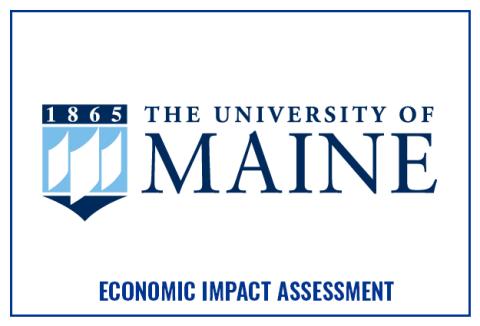
Dr. Andrew Crawley
University of Maine
Focus
Annually updated economic contribution and impact assessments based on scientific breakthroughs achieved. This analysis will provide a detailed inventory of occupations and skills that are in demand in real-time, providing unique insights to the BIO-SENS leadership team on what economic factors could provide the greatest impact.
BIO-SENS will use the same economic modeling approach utilized in Maine's 10 year economic plan and will extend this analysis to Alabama, New Hampshire, and Wyoming. This economic impact assessment is led by Dr. Andrew Crawley at the University of Maine. The model's “thematic” approach combines industrial, occupational, and skill-based data to assess long-term growth potential. This unique approach will produce novel ways to capture the full economic impacts of BIO-SENS research and workforce development activities.
BioSENS will carry out yearly updated economic contribution and impact assessments based on the scientific breakthroughs made. An industrial and occupational scenario assessment will be established for each of the jurisdictions (utilizing the thematic approach) to inform the economic modeling for relevant sectors. Economic impact, both direct and indirect, will be captured through the following metrics: output (e.g. revenue and sales), employment, and labor income. This analysis will be achieved through interacting both the (IMPLAN) modelling system as well as the Emsi platform. (IMPLAN) is a well-established and widely accepted economic approach that uses an input-output model to estimate regional and industry-specific economic impacts. The Emsi platform provides highly disaggregated sectoral and occupational data.
